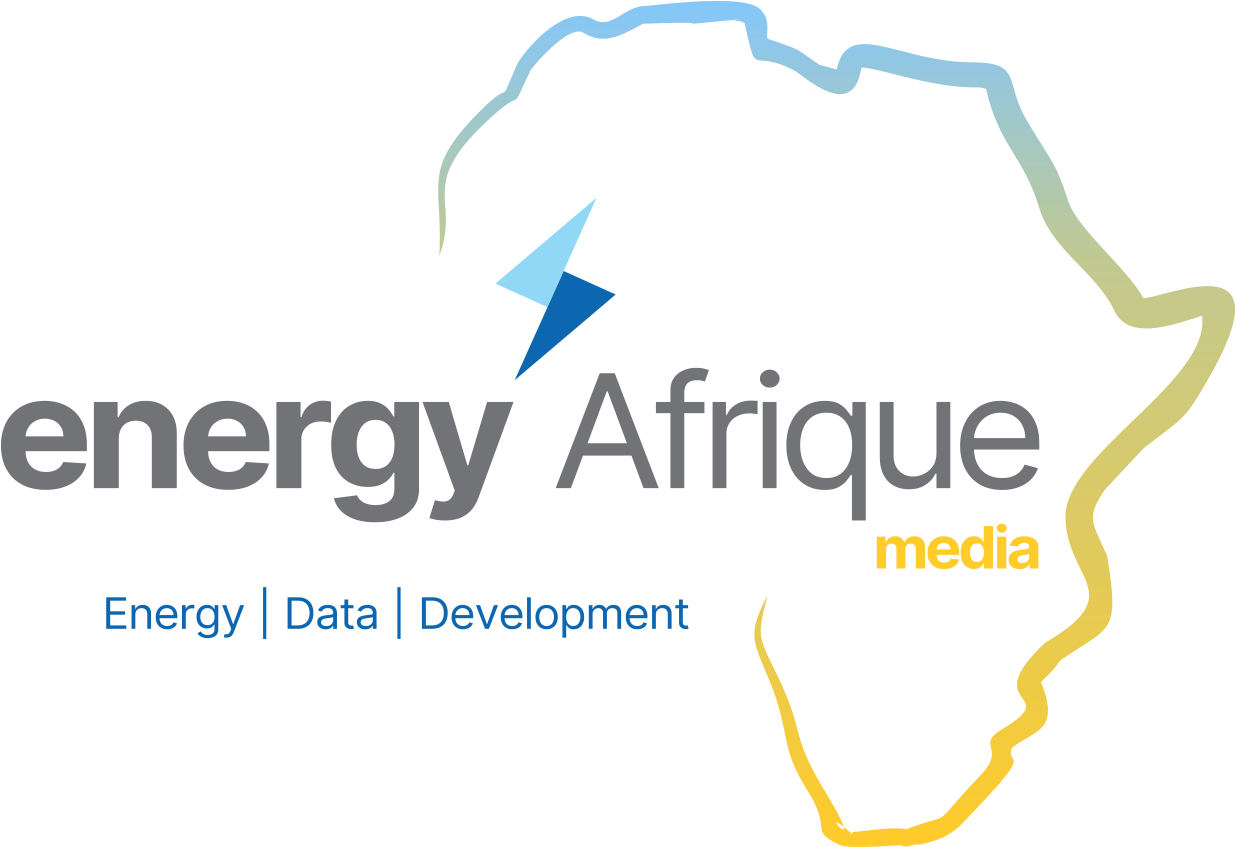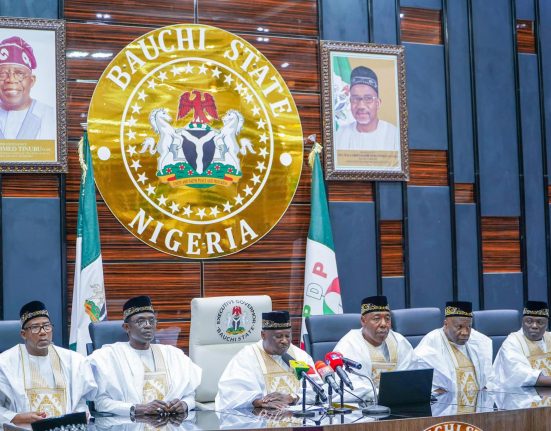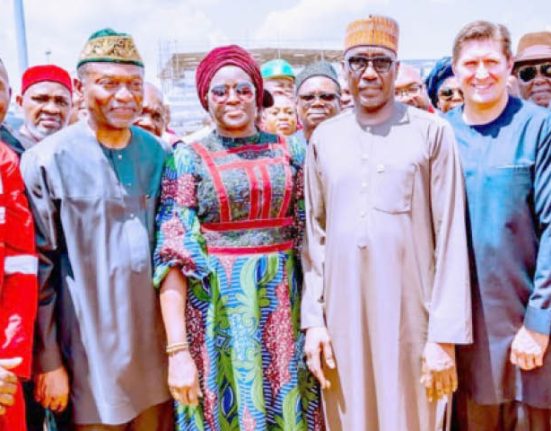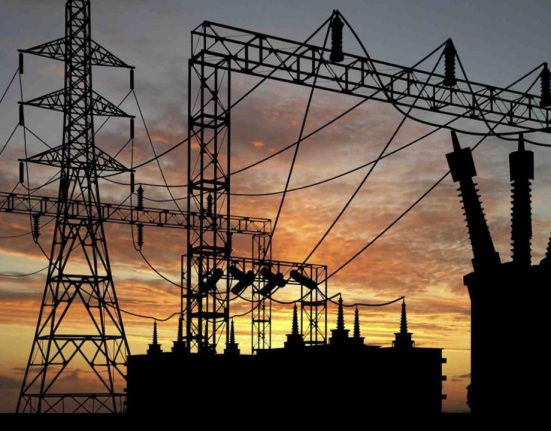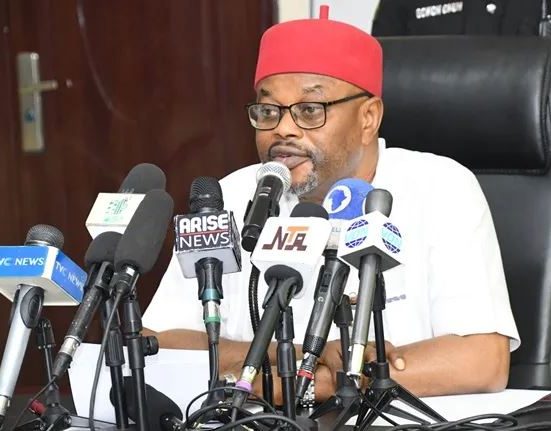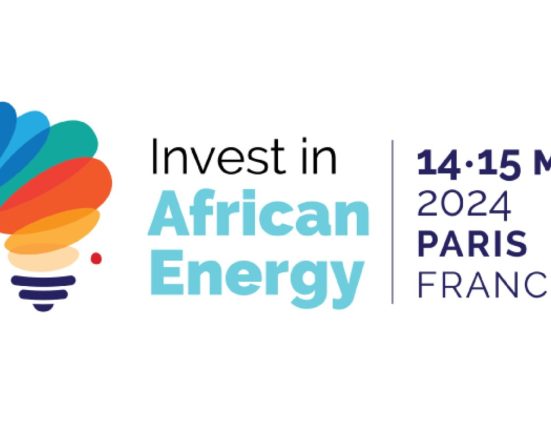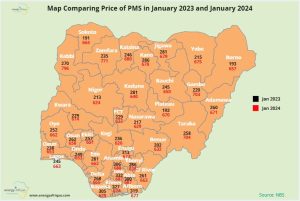 Despite a slight 0.53% decrease in average retail price compared to December 2023 (N671.86), the impact of the fuel price hike reverberates in the living standard of locals across the nation.
The surge in petrol prices has jetted into increased costs for essential commodities, exacerbating the financial stretch on households nationwide.
The federal government insisted on its decision to scrap fuel subsidies, asserting that such measures are non-negotiable to save the country’s economy despite the immediate adverse effects on Nigeria.
This stance has further fueled discontent among Nigerians already grappling with the economic fallout.
Protests against economic hardship erupted in major cities like Minna, Kano, Ibadan and Lagos reflecting widespread frustration and dissatisfaction among citizens.
In Dikwa in Borno State, the situation has led the aggrieved locals to contemplate aligning with Boko Haram insurgents, who exploit the vulnerable with promises of food and other incentives amid the hardship.
Despite a slight 0.53% decrease in average retail price compared to December 2023 (N671.86), the impact of the fuel price hike reverberates in the living standard of locals across the nation.
The surge in petrol prices has jetted into increased costs for essential commodities, exacerbating the financial stretch on households nationwide.
The federal government insisted on its decision to scrap fuel subsidies, asserting that such measures are non-negotiable to save the country’s economy despite the immediate adverse effects on Nigeria.
This stance has further fueled discontent among Nigerians already grappling with the economic fallout.
Protests against economic hardship erupted in major cities like Minna, Kano, Ibadan and Lagos reflecting widespread frustration and dissatisfaction among citizens.
In Dikwa in Borno State, the situation has led the aggrieved locals to contemplate aligning with Boko Haram insurgents, who exploit the vulnerable with promises of food and other incentives amid the hardship.

OIL & GAS
NBS Report Shows Nigeria’s Petrol Price Surged by 160% Compared to january 2023
- by Babaji Usman
- February 26, 2024
- 0 Comments
- 3 months ago

A report by the National Bureau of Statistics (NBS) indicated that in January 2024, the average retail price of Premium Motor Spirit (PMS) skyrocketed to N668.30, marking a 159.92% increase compared to January 2023, where it stood at N257.12.
This drastic surge in fuel costs significantly impacted consumer spending and inflation rates.
State-wise analysis reveals Kebbi State as bearing the highest burden, with an average retail price of N796.67 for Petrol, closely followed by Zamfara and Taraba States at N771.43 and N704.11, respectively.
“No Increase in PMS Prices” – Nigeria’s NNPC Assures
Nigeria’s Dependence on Imported Refined Petroleum Products to be Eliminated Soon
Conversely, Kwara, Niger, and Kogi States registered the lowest average prices at N614.90, N624.04, and N626.79, respectively.
At the Zonal level, NBS stated that the North West Zone tops the charts with an average retail price of N701.60, while the North Central Zone enjoys relatively lower prices at N632.86.
 Despite a slight 0.53% decrease in average retail price compared to December 2023 (N671.86), the impact of the fuel price hike reverberates in the living standard of locals across the nation.
The surge in petrol prices has jetted into increased costs for essential commodities, exacerbating the financial stretch on households nationwide.
The federal government insisted on its decision to scrap fuel subsidies, asserting that such measures are non-negotiable to save the country’s economy despite the immediate adverse effects on Nigeria.
This stance has further fueled discontent among Nigerians already grappling with the economic fallout.
Protests against economic hardship erupted in major cities like Minna, Kano, Ibadan and Lagos reflecting widespread frustration and dissatisfaction among citizens.
In Dikwa in Borno State, the situation has led the aggrieved locals to contemplate aligning with Boko Haram insurgents, who exploit the vulnerable with promises of food and other incentives amid the hardship.
Despite a slight 0.53% decrease in average retail price compared to December 2023 (N671.86), the impact of the fuel price hike reverberates in the living standard of locals across the nation.
The surge in petrol prices has jetted into increased costs for essential commodities, exacerbating the financial stretch on households nationwide.
The federal government insisted on its decision to scrap fuel subsidies, asserting that such measures are non-negotiable to save the country’s economy despite the immediate adverse effects on Nigeria.
This stance has further fueled discontent among Nigerians already grappling with the economic fallout.
Protests against economic hardship erupted in major cities like Minna, Kano, Ibadan and Lagos reflecting widespread frustration and dissatisfaction among citizens.
In Dikwa in Borno State, the situation has led the aggrieved locals to contemplate aligning with Boko Haram insurgents, who exploit the vulnerable with promises of food and other incentives amid the hardship.
 Despite a slight 0.53% decrease in average retail price compared to December 2023 (N671.86), the impact of the fuel price hike reverberates in the living standard of locals across the nation.
The surge in petrol prices has jetted into increased costs for essential commodities, exacerbating the financial stretch on households nationwide.
The federal government insisted on its decision to scrap fuel subsidies, asserting that such measures are non-negotiable to save the country’s economy despite the immediate adverse effects on Nigeria.
This stance has further fueled discontent among Nigerians already grappling with the economic fallout.
Protests against economic hardship erupted in major cities like Minna, Kano, Ibadan and Lagos reflecting widespread frustration and dissatisfaction among citizens.
In Dikwa in Borno State, the situation has led the aggrieved locals to contemplate aligning with Boko Haram insurgents, who exploit the vulnerable with promises of food and other incentives amid the hardship.
Despite a slight 0.53% decrease in average retail price compared to December 2023 (N671.86), the impact of the fuel price hike reverberates in the living standard of locals across the nation.
The surge in petrol prices has jetted into increased costs for essential commodities, exacerbating the financial stretch on households nationwide.
The federal government insisted on its decision to scrap fuel subsidies, asserting that such measures are non-negotiable to save the country’s economy despite the immediate adverse effects on Nigeria.
This stance has further fueled discontent among Nigerians already grappling with the economic fallout.
Protests against economic hardship erupted in major cities like Minna, Kano, Ibadan and Lagos reflecting widespread frustration and dissatisfaction among citizens.
In Dikwa in Borno State, the situation has led the aggrieved locals to contemplate aligning with Boko Haram insurgents, who exploit the vulnerable with promises of food and other incentives amid the hardship.
